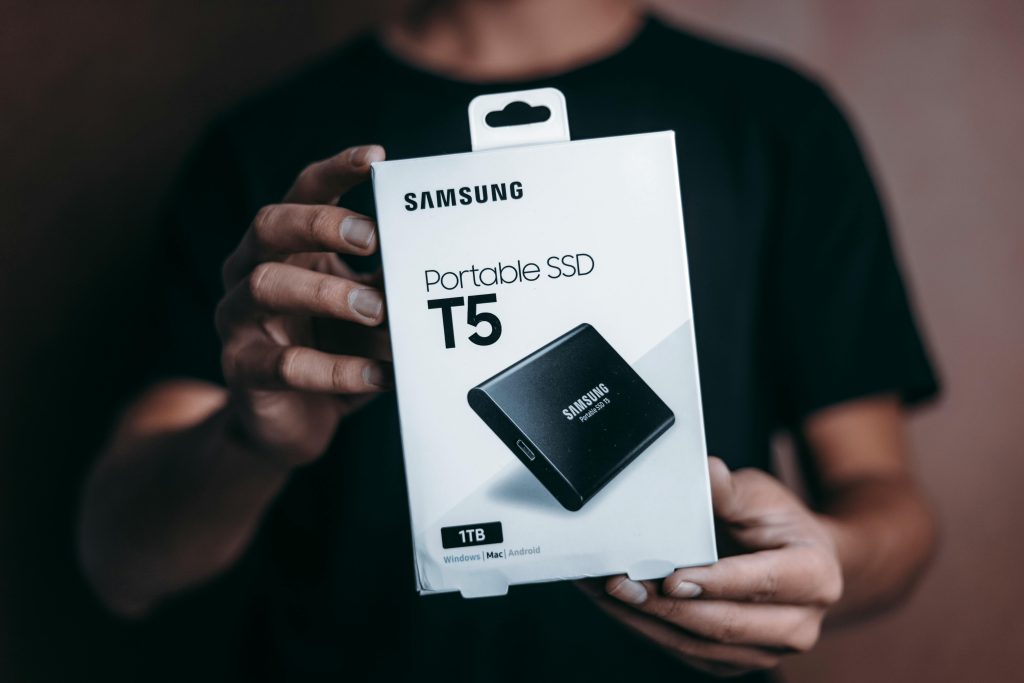Struggling with a Warm-Up Boot Issue? Here’s What to Consider
If your PC exhibits a bizarre quirk by only starting up after a warm-up session with a hair dryer, you’re not alone. Many users have encountered strange hardware behaviors, and troubleshooting can often feel daunting. In this post, we’ll take a closer look at a specific case involving a Ryzen 5 2400G, the Asus PRIME B350M-A motherboard, and other components.
The Setup
The system in question comprises the following hardware:
- CPU: Ryzen 5 2400G
- Motherboard: Asus PRIME B350M-A (latest BIOS installed)
- RAM: Two HyperX FURY 8GB sticks at 2400MHz
- Power Supply: Thermaltake 600W 80 Plus White Smart Series
All components are relatively new, around 1.5 to 2 years old, and the user has not engaged in any overclocking or voltage adjustments.
The Problem
Each time the computer is powered off overnight, it refuses to start up unless heated with a hair dryer the next day. Once it successfully boots, the system operates normally without issues for hours on end. The user has meticulously reassembled the computer, tested it with a single memory stick, and minimized connected peripherals, yet the problem persists.
Stress tests like Prime95 and Memtest86 reveal no errors, and CPU temperatures do not exceed 89°C during usage. Despite living in a humid tropical climate, which fluctuates from 24 to 32°C, environmental factors seem to play a role, but pinpointing the exact cause is still elusive.
Continued Troubleshooting
Recently, the user performed a targeted heating approach, avoiding the power supply unit (PSU) but focusing on warming the front and mid-top sections of the case instead. After several minutes of gentle heat application, the PC booted successfully once again. This suggests there might be a corrosion issue or a bad connection on the motherboard that requires attention.
Additional Complications
Adding to the confusion, the system clock appears to be running slow. Despite being set to auto-update and having the correct timezone configured, the clock has fallen behind, indicating potential underlying issues that may connect back to the motherboard or even the battery.
Final Thoughts
If you are experiencing a similar situation, it’s crucial to consider areas such as motherboard connections, potential corrosion from humidity, and the
Share this content:
